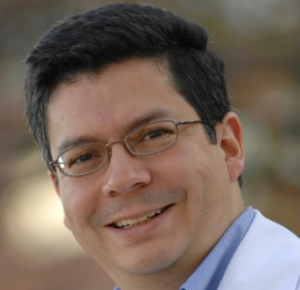 Recently, The BMJ published two articles that address important areas of contact between medicine and society. One deals with the best way to deter scientific fraud, the other with potential changes to the healthcare system in Scotland if this nation becomes independent.
Recently, The BMJ published two articles that address important areas of contact between medicine and society. One deals with the best way to deter scientific fraud, the other with potential changes to the healthcare system in Scotland if this nation becomes independent.
On 18 September, Scottish voters will decide whether Scotland will become an independent country. Everyone understands that independence would change many aspects of Scottish life, including how the healthcare system is organized and financed, the medical profession is regulated, drugs are approved, scientific research is supported, and medical education is structured.
Even the laws surrounding some of the more controversial aspects of healthcare, including abortion, xenotransplantation, and surrogacy may have to be rewritten. But as Clare Dyer explains in this Feature, the nature and scope of these changes is uncertain.
In areas where society and the medical profession intersect (and in this case, also medical scientists and researchers), there is bound to be controversy. Scientific research misconduct is such an area. Research misconduct exists along a continuum that ranges from incompetence leading to erroneous observations, to plagiarism, falsification, and outright fraud.
Scientific misconduct, when detected, is usually addressed by journals, funding bodies, and academic institutions; typical penalties involve paper retractions, contract terminations, and reputational attacks. But are these actions sufficient to prevent scientific fraud? Or should scientific fraud be treated the same way as financial or healthcare fraud? After all, the health of individuals and populations is at stake.
In a Head to Head published in The BMJ, Zulfiqar Bhutta, from the Hospital for Sick Children in Toronto, argues that criminalizing scientific fraud will act as a more potent deterrent than scientific penalties. Julian Crane, from the University of Otago Wellington, takes the opposing view, arguing that criminalization will destroy the trust (between scientists and society) that is critical for research. Both agree that it is important to clearly separate scientific fraud with malicious intent from sloppy science, but they differ in where to draw the dividing line.
Jose G. Merino is US clinical research editor, The BMJ.
